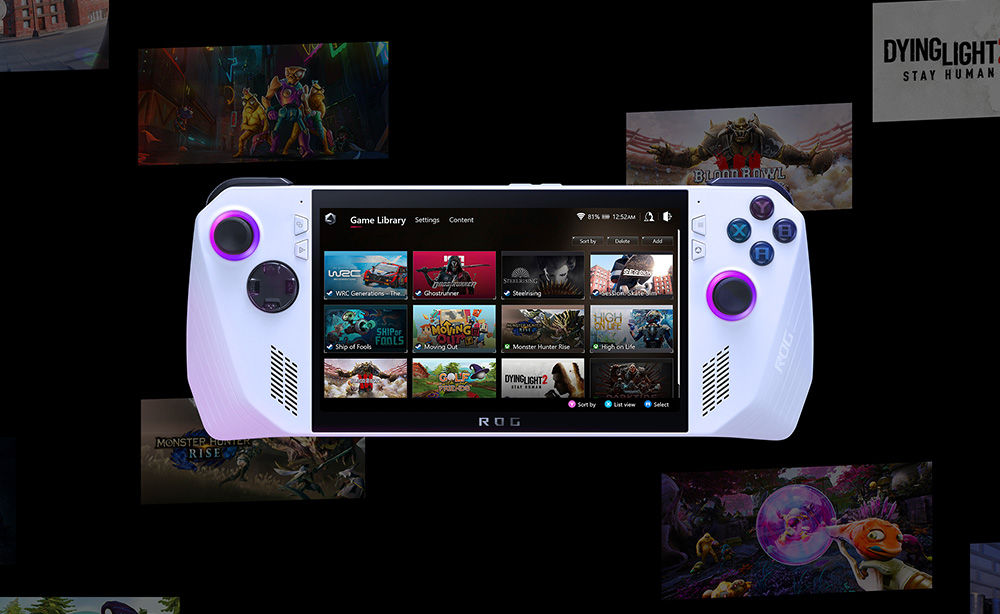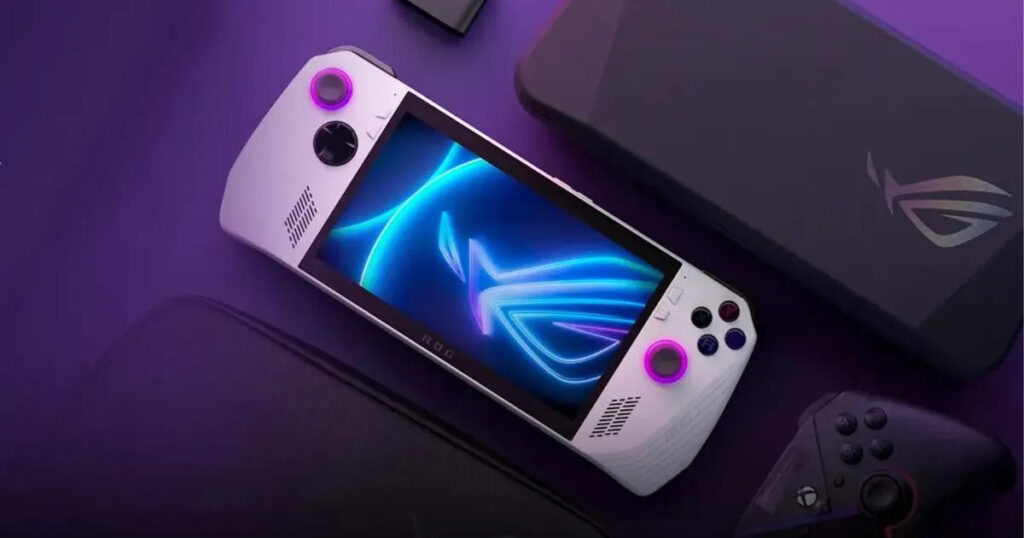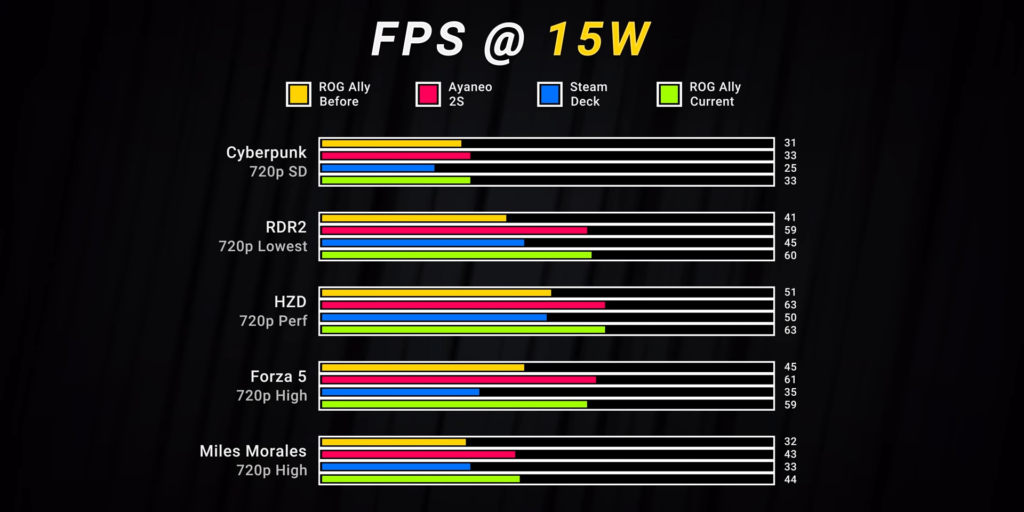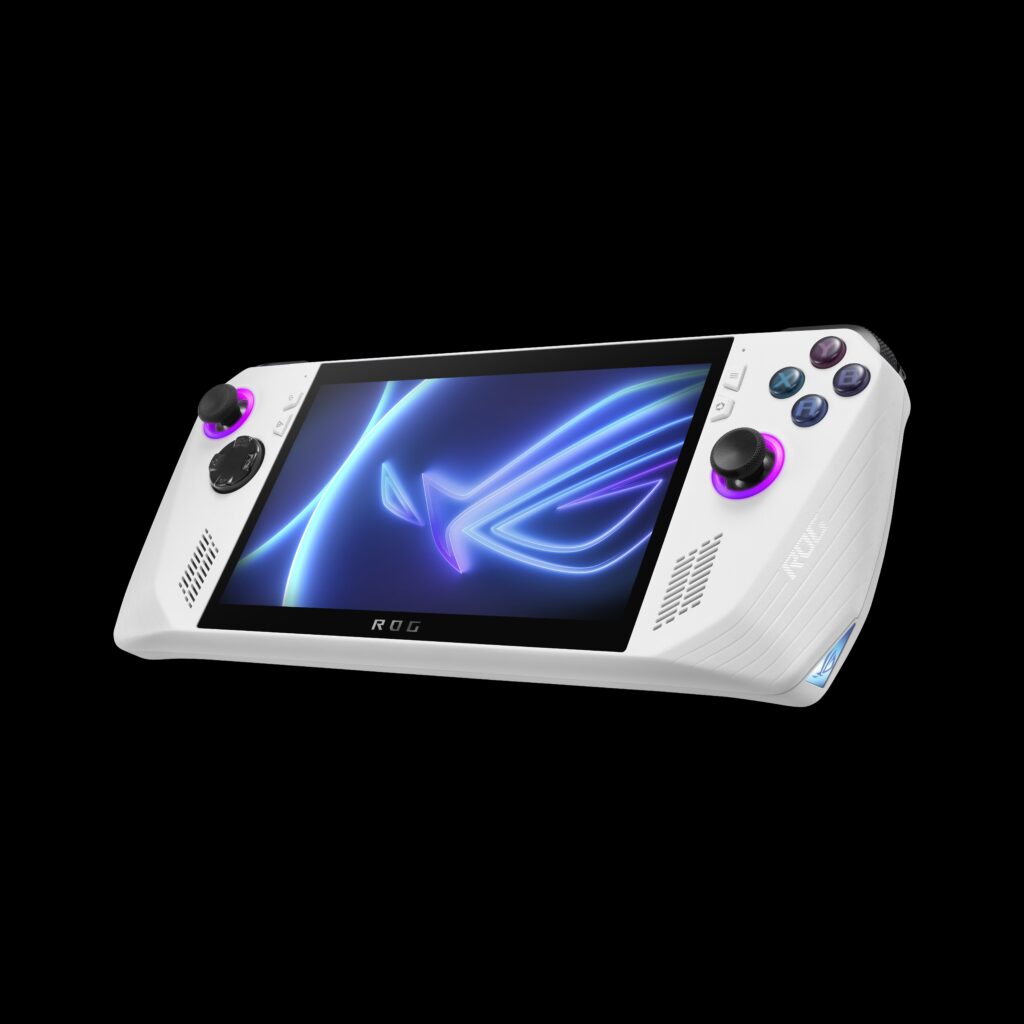ASUS ROG Ally Firmware Update Nullifies Previous Review With Performance Bump

Review scores for Asus’s portable ROG Ally gaming handheld PC were mixed when the company sent out early units to critics in May. While a few people praised the product, others were very disappointed.
The ROG Ally had terrible battery life. Maximum battery life was 4 hours when settings were optimized for maximum life, but the direct competitor Steam Deck had an amazing 7 hours.
The comments were widely criticized over the internet. Many people cancelled their preorders after reading the early reviews, with Asus’s global marketing director, Galip Fu recalling The Verge that about 10% of original buyers did so.
Asus has Addressed the Problems
In the wake of the initial round of evaluations, Fu and his team engaged in “some very serious meetings.” “We really spent a good amount of time looking into the issue and trying to figure out the solution,” Fu reflects.

Misplaced priorities led the team to its conclusion. While the Ally did better than the Steam Deck in 15W and 30W scenarios, Asus should have focused more on reducing power usage when operating at lower wattages. It turns out that the latter was something that was quite important to both reviewers and potential consumers.
In his most recent review, YouTuber Dave2D noted that, since the initial units were handed out for evaluations, Asus has improved game performance on the ROG Ally’s low power modes by up to 20%. This optimization has allowed the rog ally to have longer battery life with minimal impact on performance.

Based on these results, consumers wishing to buy a handheld gaming device should consider the Ally, as it “kills the steam deck” in low power (15W) mode.
New Features
For games that don’t need as much processing power, the ability to disable some of the console’s AMD Z1 Extreme CPU cores will be a major improvement in the retail edition. The interview reveals that the team over-optimized the handheld’s power at 30W and 50W in the outset, without giving enough attention to the device’s performance at lower wattages. There’s a lot of competition, so here’s hoping these adjustments are substantial.
However, it seems like the implementation has a significant impact on the feature’s value; if it had to be done by booting into the bios, for example, it won’t be as appealing or as if it could be done from a menu while the device was already on. As new versions of the software become available, we will be revealed with how this feature is implemented.

But it seems Asus is aware of this, since Fu accepts that the Steam Deck offers exceptional performance in most battery circumstances and states that in an interview.
“We are all big fans of Valve and also Steam Deck because they are the centerpiece of the PC gaming industry. We’re trying to keep up for all the supporters we have of ROG Ally. We will not let them down.”
This is a bold claim coming from a manufacturer known for constantly releasing new items. The future of the ROG Ally is unknown, but we know that company support can make or break a device. Despite the Steam Deck‘s current status as an industry sweetheart, the system wasn’t met with universal praise during its initial release. Hopefully Asus will take Valve’s advice to heart and make the ROG Ally’s existence as enjoyable as possible.
You can read our review roundup on the ROG Ally here





